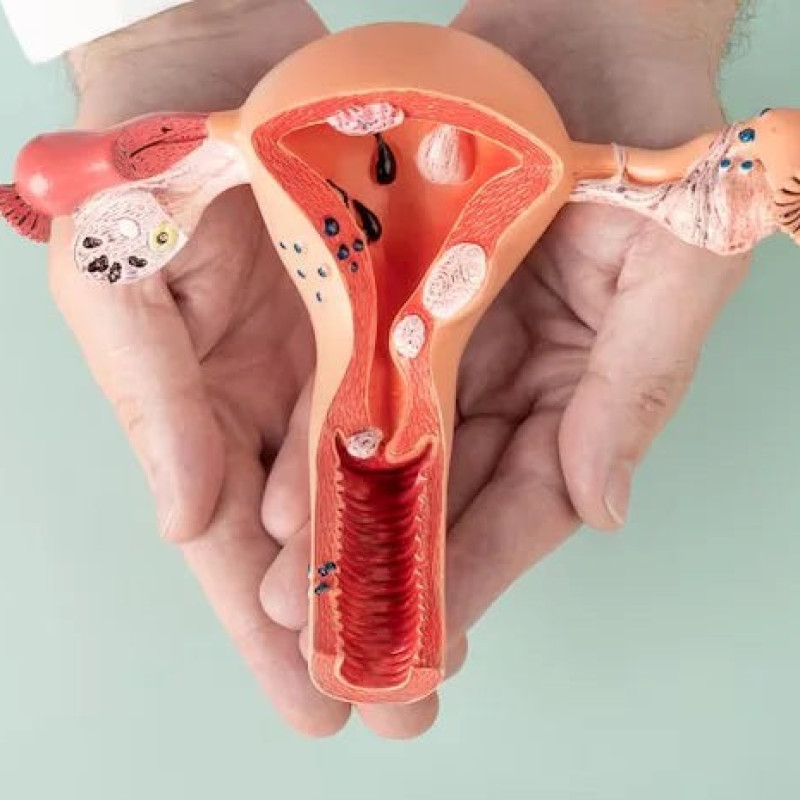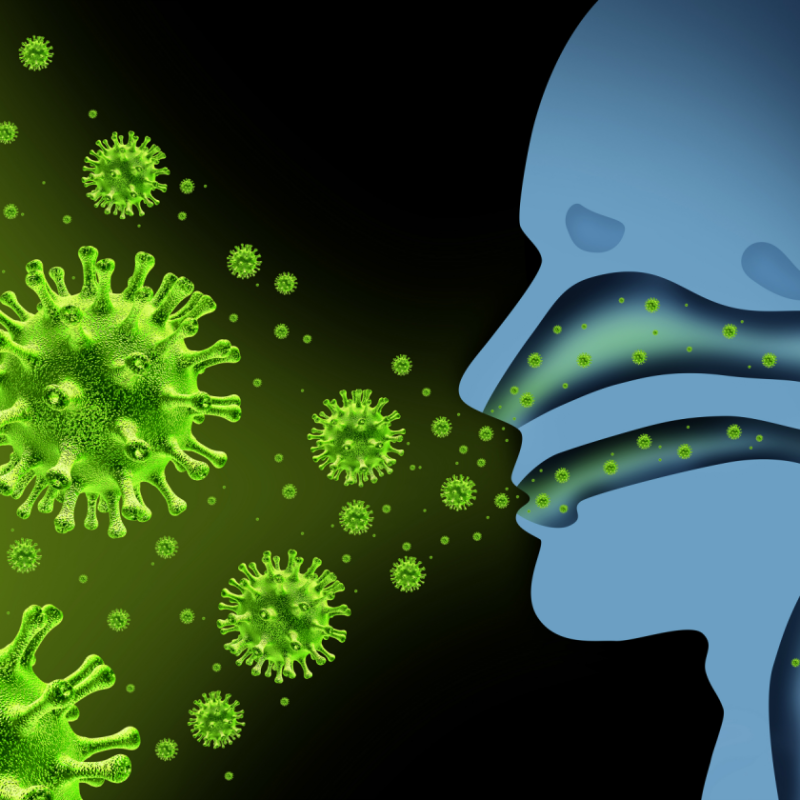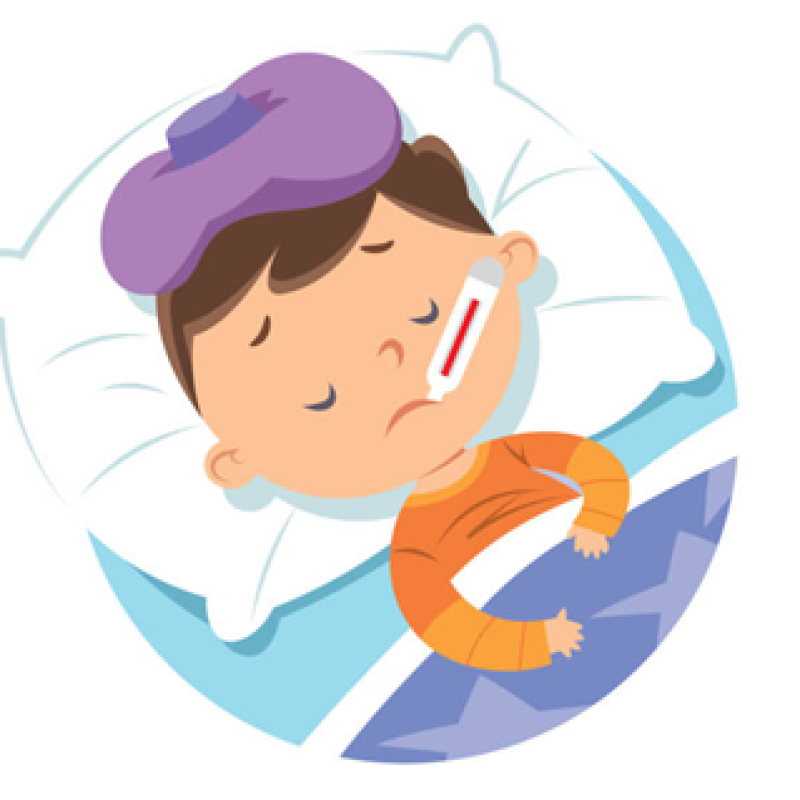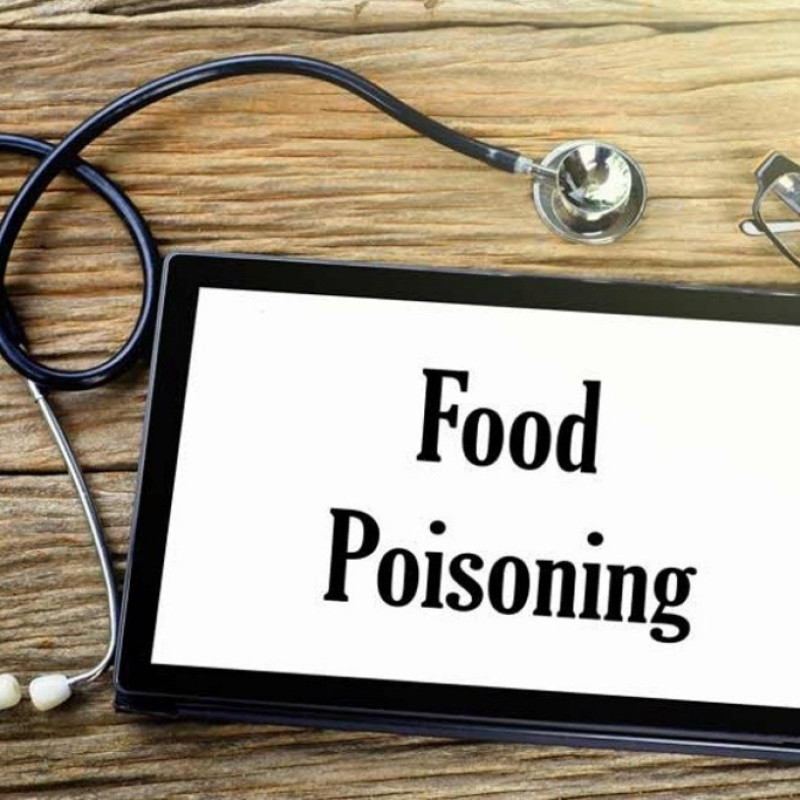What is a Fever?

A fever is defined as an elevation in body temperature above the normal range, typically considered a temperature of 100.4°F (38°C) or higher. The normal body temperature for most adults is approximately 98.6°F (37°C), but this can vary slightly among individuals. Fever is not an illness itself but a symptom of a variety of conditions, often signaling that the body is working to fight an infection or inflammation.
Causes of Fever

There are several potential causes of fever. It’s important to understand that while fever is commonly associated with infections, it can also result from other health conditions. Below are the most common causes:
- Infections
Most fevers are caused by infections, including viral infections like the flu, cold, or COVID-19, and bacterial infections such as strep throat, urinary tract infections (UTIs), or pneumonia. Infections stimulate the body’s immune response, leading to an increase in body temperature as part of the body's effort to combat harmful pathogens (Burd, 2020). - Inflammatory Conditions
Diseases that cause inflammation, such as rheumatoid arthritis, lupus, or other autoimmune disorders, can also lead to fever. These conditions cause the immune system to mistakenly attack the body's tissues, often triggering a fever as part of the inflammatory response (Balla, 2021). - Medications
Some medications can induce a fever as a side effect. Certain antibiotics, vaccines, and drugs used to treat high blood pressure, for example, may cause a mild fever in some individuals (Ducharme et al., 2017). - Heat-related Illnesses
Excessive heat exposure, leading to conditions like heatstroke, can also cause a fever-like response. This is especially common in hot weather or when engaging in strenuous activity without proper hydration (Epstein et al., 2020). - Cancer
Some cancers, particularly leukemia and lymphoma, may cause persistent or recurrent fevers, sometimes without any other obvious symptoms. This is often referred to as "cancer-related fever" and can occur as a direct result of the malignancy or due to the body's immune response (Jatoi et al., 2018). - Other Causes
Rarely, conditions like blood clots, dehydration, or tissue damage after surgery can lead to fever (Gleeson et al., 2019).
Symptoms of Fever

The primary symptom of a fever is an elevated body temperature, but it can also be accompanied by other signs, including:
- Chills or Shivering: As your body raises its temperature to fight off infection, you may experience chills or shivering.
- Sweating: Once the fever peaks, your body will attempt to cool down through sweating.
- Headaches and Body Aches: Many people with a fever experience discomfort or pain in their muscles and joints, as well as headaches.
- Fatigue: A fever can leave you feeling tired and lethargic as your body devotes energy to fighting off the illness.
When to Seek Medical Help

While most fevers resolve on their own and are not cause for alarm, there are certain circumstances in which you should seek medical attention:
- High Fever: If your fever reaches 103°F (39.4°C) or higher, it’s time to seek medical help, especially if it doesn’t come down with over-the-counter medication (Mayo Clinic, 2023).
- Fever Lasting More than Three Days: If your fever persists for more than 72 hours, a healthcare professional should evaluate your condition.
- Severe Symptoms: If you experience difficulty breathing, severe headache, persistent vomiting, rash, or confusion, seek medical attention immediately.
- Infants and Young Children: For babies under three months, any fever should be considered a medical emergency, and parents should consult a doctor immediately (American Academy of Pediatrics, 2021).
Managing Fever at Home

In most cases, fever can be managed effectively at home with self-care strategies. Here are some tips for staying comfortable:
- Stay Hydrated: Fever can lead to dehydration, so it’s important to drink plenty of fluids such as water, clear broths, and electrolyte solutions (Schultz et al., 2022).
- Rest: Resting allows your body to focus its energy on fighting the infection, so it’s important to avoid strenuous activities when you have a fever.
- Use Fever-Reducing Medications: Over-the-counter medications like acetaminophen (Tylenol) or ibuprofen (Advil, Motrin) can help lower your fever and ease discomfort. Always follow the recommended dosage and consult with a pharmacist if you are unsure about the right medication for your situation (American Pharmacists Association, 2021).
- Dress Lightly: Overdressing or covering yourself with heavy blankets can trap heat, making your fever worse. Opt for lightweight clothing and use a light blanket if you feel chilled.
- Cool Compresses: Applying a cool (not cold) compress such as Fever Away cooling patch to your forehead or neck can help bring down your body temperature without causing the discomfort of a cold bath (National Institute of Health, 2020).
When to Take Fever-Reducing Medications
While it might be tempting to take medication right away, it’s not always necessary to reduce a low-grade fever. Fever is often the body's natural defense mechanism, and bringing it down too quickly might interfere with this process. However, medications like acetaminophen or ibuprofen can be used to reduce discomfort, especially if the fever is causing significant symptoms such as headache, body aches, or fatigue. Always consult your healthcare provider if you're uncertain about whether you should take fever-reducing drugs.
References:
- American Academy of Pediatrics. (2021). Fever in Children. Retrieved from https://pediatrics.aap.org
- American Pharmacists Association. (2021). Fever management. Journal of the American Pharmacists Association, 61(4), 467-473. doi:10.1016/j.japh.2021.03.003
- Balla, M. (2021). Fever in Autoimmune Diseases. Rheumatology Today, 38(3), 12-14.
- Burd, J. (2020). The Immune Response to Infection. Clinical Microbiology Reviews, 33(4), 27-32. doi:10.1128/CMR.00050-19
- Ducharme, R., et al. (2017). Drug Fever: Causes and Mechanisms. American Journal of Therapeutics, 24(1), 22-28. doi:10.1097/MJT.0000000000000506
- Epstein, Y., et al. (2020). Heat Stroke: Pathophysiology, Prevention, and Treatment. Sports Medicine, 50(9), 1535-1548. doi:10.1007/s40279-020-01333-4
- Gleeson, M., et al. (2019). Fever and Post-Surgical Recovery. Journal of Clinical Surgery, 45(3), 280-286.
- Jatoi, A., et al. (2018). Cancer and Fever. Cancer Research, 78(6), 1234-1242. doi:10.1158/0008-5472.CAN-17-3249
- Mayo Clinic. (2023). Fever: When to Seek Medical Help. Retrieved from https://www.mayoclinic.org
- National Institute of Health. (2020). Fever Management and Hydration. NIH Health Information, 25(5), 110-113.
- Schultz, E., et al. (2022). The Importance of Hydration During Illness. Journal of Clinical Nutrition, 41(1), 44-50.







